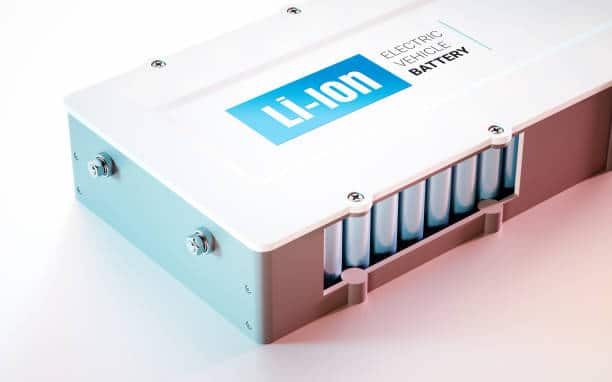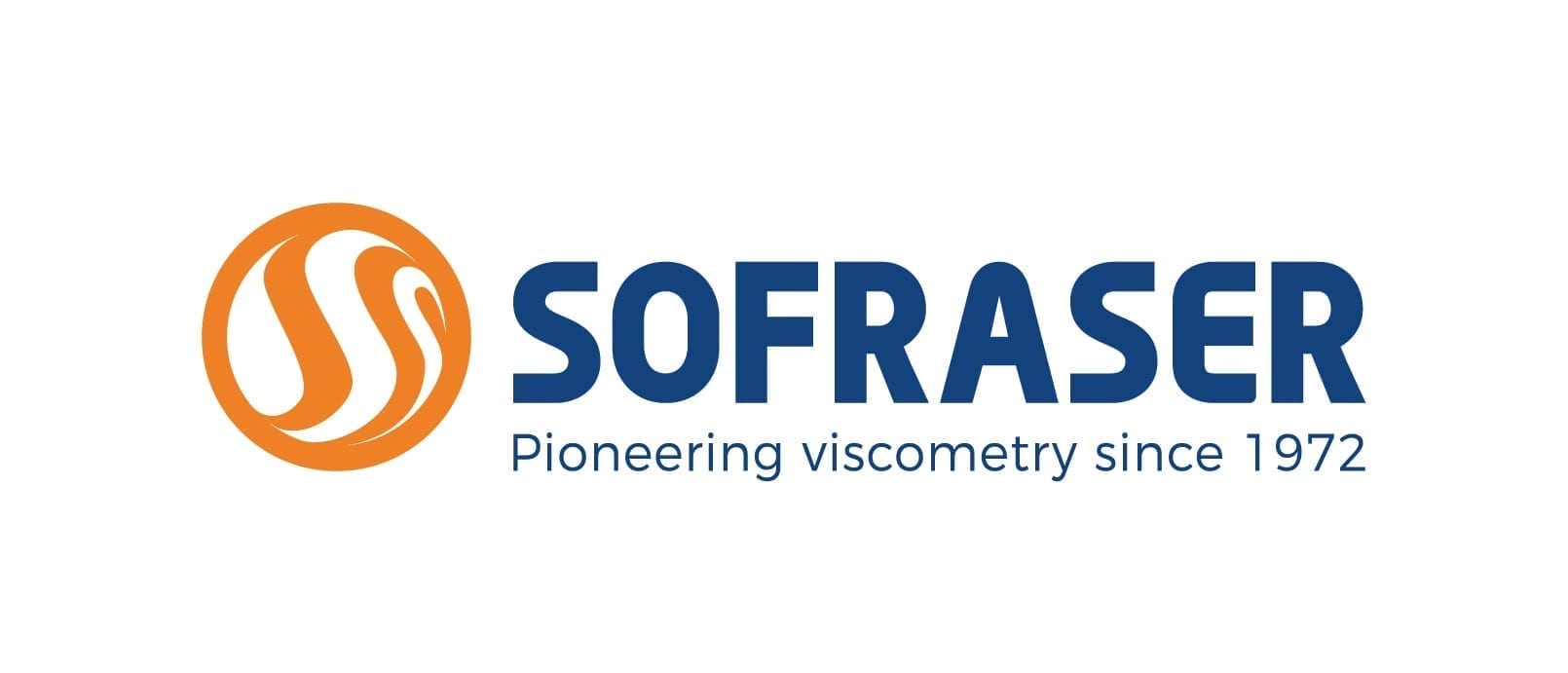Coating process and its viscosity for Lithium batteries

The use of lithium batteries
Lithium batteries are safe and reliable and have a wide range of applications including powering electric vehicles. The battery manufacturing process needs to be controlled and optimized in order to guarantee the quality and reliability of the product. Among the global manufacturing process, there is the electrode manufacturing step that includes a coating process. The viscosity of the components and the slurry during the coating process is particularly important. It influences the final quality, efficiency and consistency of the electrode.
A necessary control of viscosity
The viscosity of the polymer binder solution affects the performance of the coating and the ease with which powders are dispersed, as well as the power required for mixing and the speed of application for a uniform coating.

Density and viscosity control to optimize batch processes ensures consistency, quality and significant cost savings on materials. Control and traceability of the continuous mixing process can be improved through on-line monitoring and density and viscosity measurements. Automation, supported by on-line integration enables the optimization of all processes on production lines. Battery manufacturing is also speed up to meet growing demand.
A high viscosity of the battery suspension decreases the sedimentation speed at rest and delivers a thicker electrode film at the end of the coating step/phase. But too high viscosity may also make the coating process more difficult to control, which can lead to irregular coating and variable layer density. It resultes in variable ion transfer rates and thus unpredictable battery life (and unpredictable charging cycle time).
Finding the perfect viscosity can be tricky and difficult. The solution is to monitor and controll within the appropriate ranges according to the requirements of the process. With the control of viscosity, batteries and their components are safer and more durable.
The use of viscosimeters
Viscometers are an essential part of the solution for reliable batteries.
Electrodes density has an effect on cycle performance and irreversible loss of capacity in lithium-ion batteries.
The rheological behavior of the slurry is a highly complex one, even within the non-Newtonian fluids. Finding the right balance for an easy to apply product can be very difficult.
MIVI process viscometers provides a high sensitivity viscosity measure that will detect the smallest changes in slurry composition. When combined with the density feature it adds the indirect monitoring of the concentration. Thanks to its instantaneous and continuous measure, combined with the outputs that deliver the measures to the end-user DCS. Sofraser viscometers are a great solution for automated process control, as they are maintenance free and highly reliable.
Similar processes are also valid for solid-state batteries. They are an interesting furure alternative that are a great way to support the growing demand for electric batteries.



